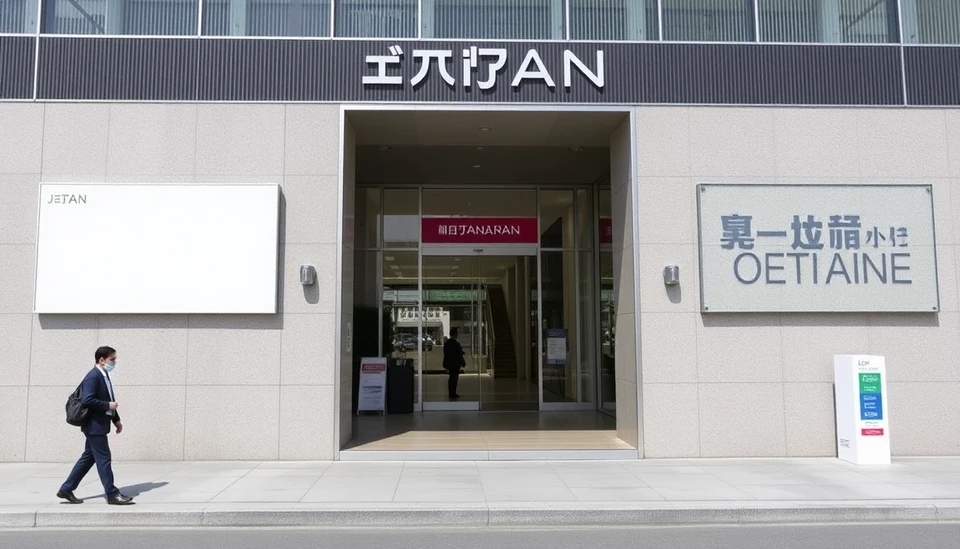
In a noteworthy shift in consumer behavior, Japanese households are dramatically reducing their cash holdings at the fastest pace ever recorded, as they grapple with the impacts of rising inflation. This significant financial alteration comes on the heels of Japan's inflation rate reaching a 40-year high, prompting households to reassess their traditional reliance on liquid cash savings.
Recent data from the Bank of Japan indicates that the country's households have slashed their cash reserves by approximately 12% in the latest quarter, reflecting a decisive move away from cash-centric financial management. This trend is fueled by the increasing cost of living, which has nudged many Japanese consumers to reconsider their savings strategies and engage more with alternative investments.
Amidst rising prices, primarily driven by global supply issues and elevated energy costs, consumers are feeling the strain on their daily expenses. Food prices, in particular, have taken a hit, with many staple items witnessing unprecedented price hikes. This has led households to seek out other forms of asset management, eager to secure their financial futures by diversifying their portfolios.
Initiatives such as cashless payment systems have gained traction, providing consumers with more convenient ways to manage their spending and savings while also allowing them to capitalize on potential rewards from digital payment services. These modern transactions are shifting the landscape of consumer financial habits, indicating a potential paradigm shift away from cash usage in everyday life.
Economists are now observing this trend closely, speculating on its long-term implications for the Japanese economy. The accelerated decline in cash holdings could signify a pivotal transformation in how Japanese society interacts with money, investment, and savings. Analysts express concern that if a significant portion of the population continues to favor alternative assets and cashless transactions, traditional banking systems and cash circulation might face pronounced challenges.
Moreover, Japan’s corporate sector is beginning to adapt to this evolving consumer mindset, with numerous companies enhancing their payment technologies to cater to the increasing demand for cashless transactions. These changes reflect a growing acknowledgment that flexibility in finance must be complemented by innovative solutions that align with consumer preferences.
The implications of this cash reduction trend extend beyond individual households and potentially reshape the broader economic environment, including changes in monetary policy and consumer spending patterns. As inflation continues to squeeze household budgets, it's imperative for both policymakers and economists to observe how these shifts influence economic resilience and stability.
While Japan has historically maintained a strong affinity for cash transactions, this evolution in household financial strategies may serve as a critical bellwether for the nation's future economic landscape. With consumers increasingly opting for diverse investment avenues, experts are keenly aware of the potential consequences on the financial institutions that have long relied on the traditional cash economy.
As Japan navigates this transitional phase, the balance between maintaining economic stability and accommodating the rapid evolution of consumer behavior will be crucial. The coming months and years will undoubtedly reveal more about consumer preferences and financial strategies in a changing economic climate.
#Japan #Inflation #Economy #ConsumerTrends #CashlessSociety #FinancialBehavior
Author: Laura Mitchell




